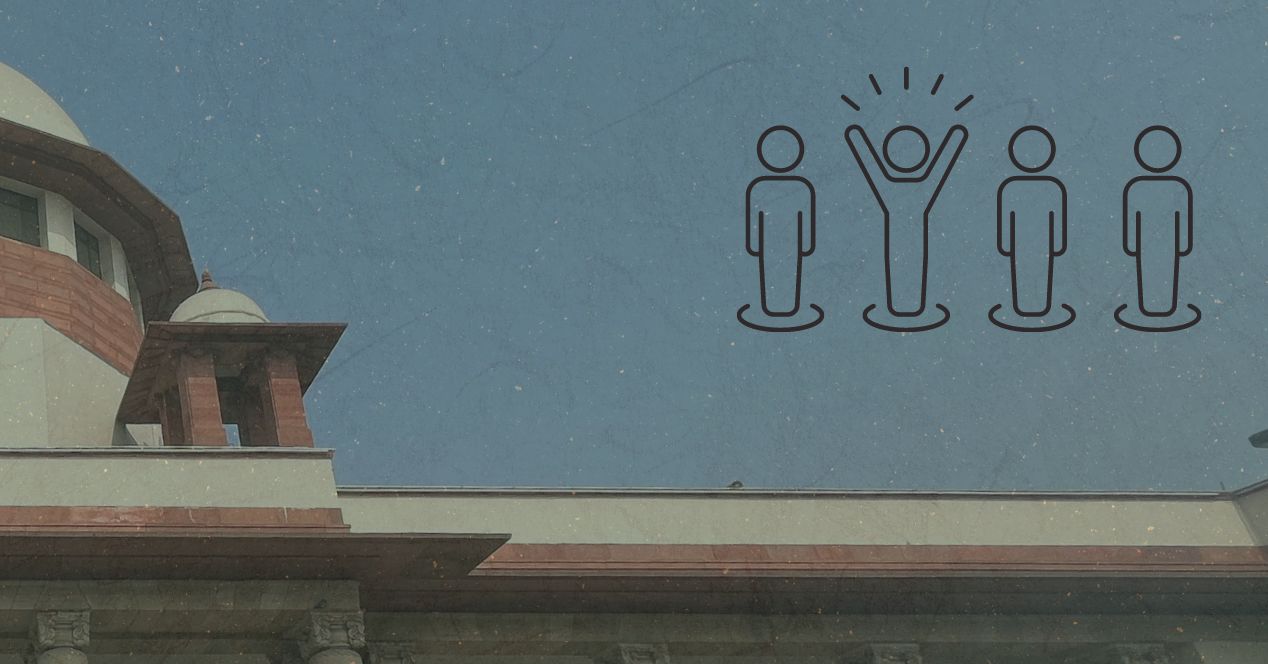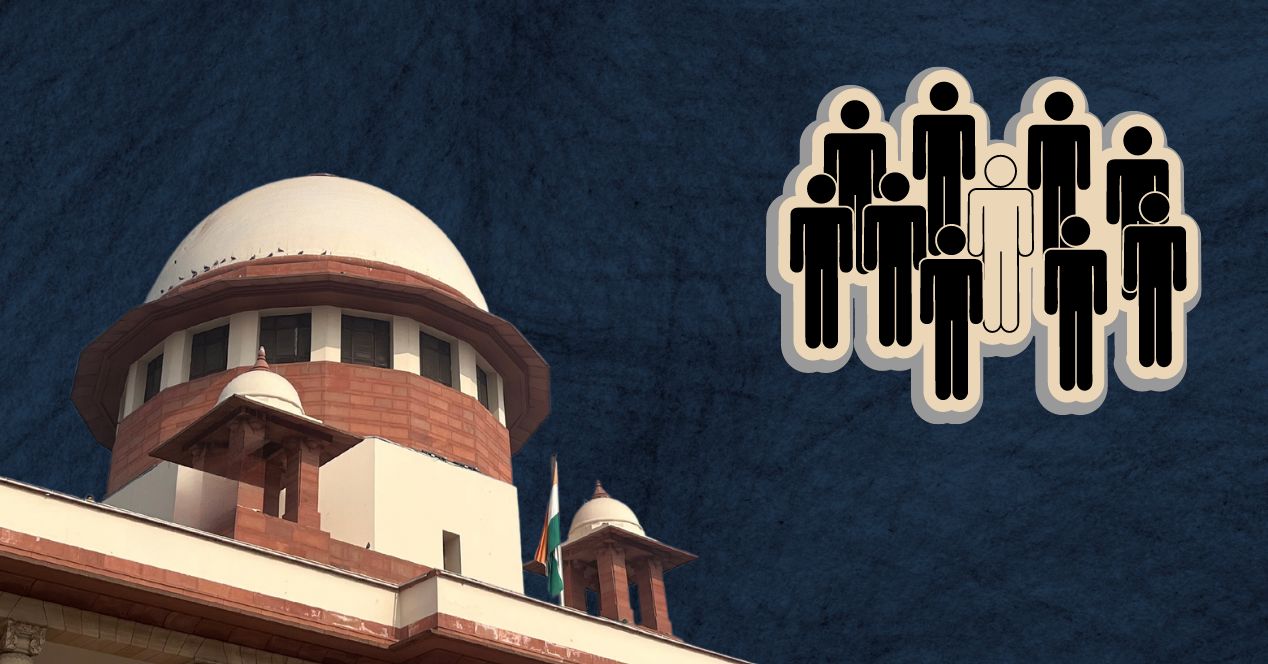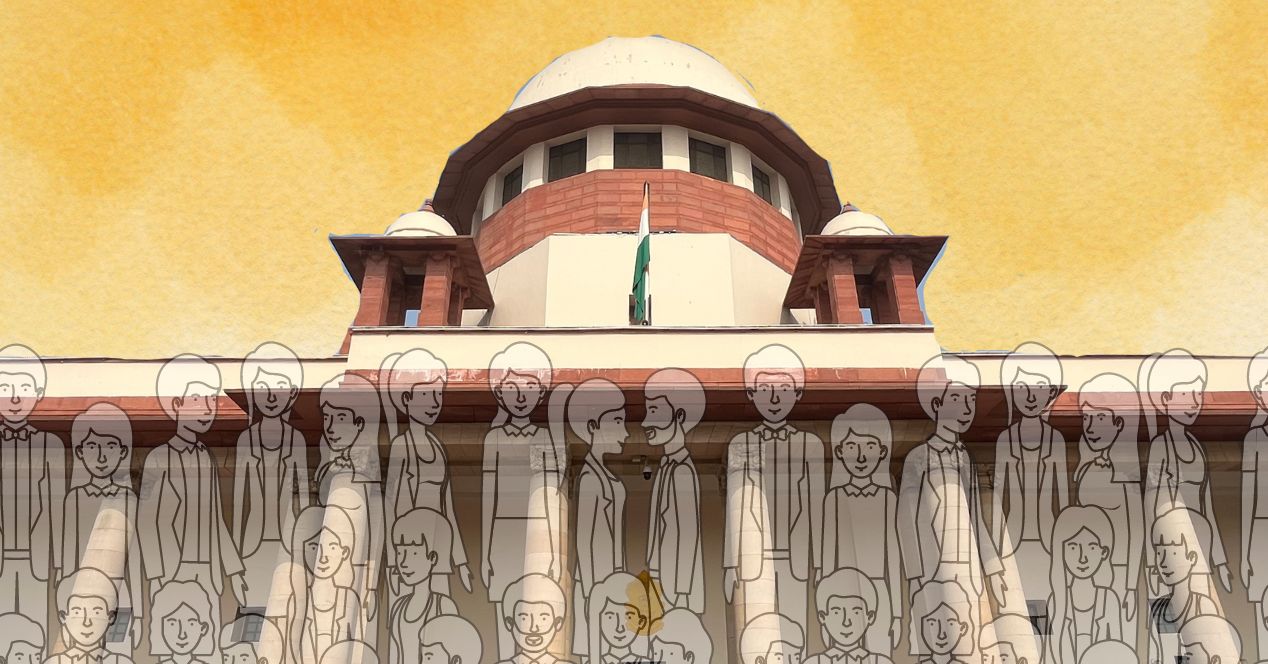Sub-classification within reserved categories | Arguments Matrix
Validity of Sub-Classification Within Reserved CategoriesJudges: D.Y. Chandrachud CJI, B.R. Gavai J, Vikram Nath J, B.M. Trivedi J, Pankaj Mithal J, Manoj Misra J, S.C. Sharma J
On 8 February 2024, a seven-judge Constitution Bench led by Chief Justice D.Y. Chandrachud reserved judgement on the validity of sub-classification within the Scheduled Caste category. The Bench was reconsidering the 20-year-old judgement of E.V. Chinnaiah v State of Andhra Pradesh (2004), which held that sub-classification was impermissible as SCs are a homogeneous group.
Over three days of arguments, counsels on both sides passionately debated on the nature of caste structures, class, the point of reservations and the “battle of backwardness within backwardness.” Unusually, the Union and several state governments which are typically on opposing sides banded together to support sub-classification on the petitioners’ side.
In this matrix, we’ve summarised five key points of contention. For more nuance regarding each argument, do go through our detailed hearing reports.
Background
In 1975, the government of Punjab issued a notification dividing its existing 25 percent reservation for Scheduled Castes (SC) into two categories: 50 percent toBalmikis (Valmikis) and Mazhabi Sikhs and the other half for the remaining groups within the SC category.
Almost three decades later, in E.V. Chinnaiah v State of Andhra Pradesh (2004), a five-judge set aside a similar law in Andhra Pradesh reasoning that sub-classification within the SC category was not permitted. Subsequently, the Punjab and Haryana High Court struck down the Punjab notification on 25 July 2006.
Following this decision, the Punjab government passed the Punjab Scheduled Caste and Backward Classes (Reservation in Services) Act, 2006 (the Act). Section 4(5) of the Act reintroduced 50 percent “first preference” reservations for Balmikis and Mazhabi Sikhs.
On 29 March 2010, the Punjab and Haryana High Court struck down this provision, relying on the Chinnaiah judgement. The Punjab government moved the Supreme Court on appeal.
In August 2014, a three-judge bench referred the matter to a five-judge Constitution Bench to assess the correctness of E.V. Chinnaiah. On 15 July 2020, a five-judge bench led by Justice Arun Mishra began hearing the matter and referred the case to a seven-judge bench on 28 August 2020.
On 6 February 2024, a seven-judge bench led by Chief Justice D.Y. Chandrachud began hearing the case.



